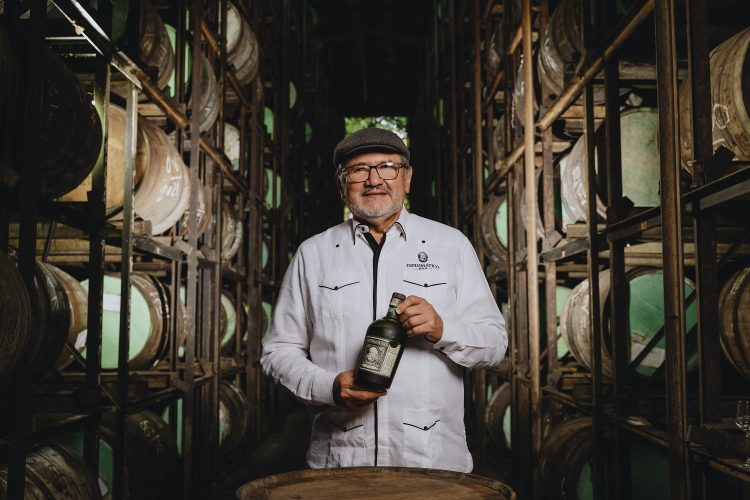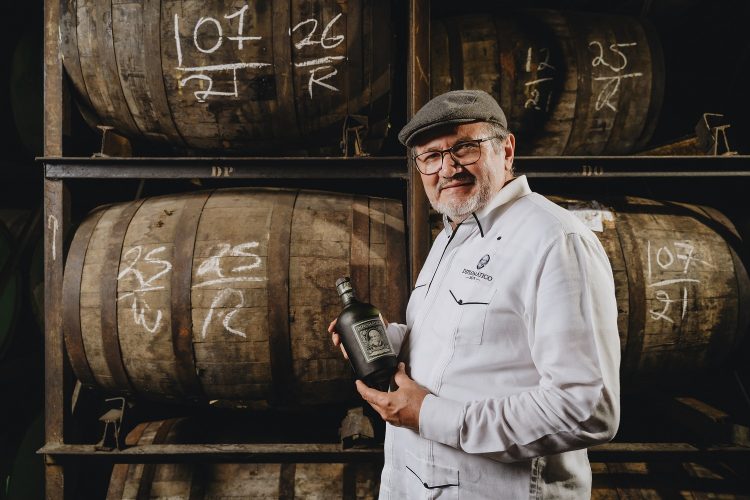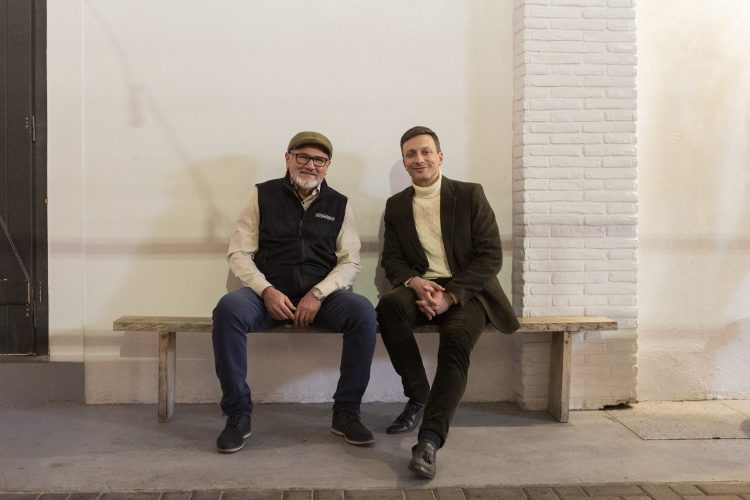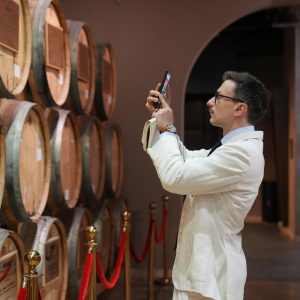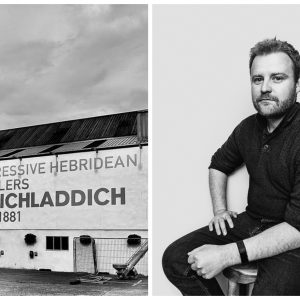“The premium rum category still has much to offer,” explains Diplomatico’s maestro ronero, Nelson Hernandez.
Γιαννης Κοροβεσης•Articles
Few rums in history have achieved what Diplomatico has in just a few short years. Launched as a premium rum at a time when most people were sipping rum and cola through plastic straws in the late ’80s, it landed in Europe and the rest of the world with the turn of the century and, within a few years, was at the top of the premium rum category. Diplomatico built its reputation from scratch—without centuries of history—and, along with a handful of other brands, helped define the so-called ‘sipping rum’ category, cementing the long-awaited premiumization of rum as a whole. One of the masterminds behind this case study is maestro ronero Nelson Hernandez, who recently visited Greece, dined with a group of rum aficionados and writers—including yours truly—and gave an exclusive interview to Bitterbooze.com.
Diplomatico’s success
This was the first thing Nelson Hernandez confirmed to me: from the very beginning, with the release of their first rum in 1989 (Diplomatico Reserva Exclusiva), their goal was the ‘sipping rum’ category—a category they conquered in just a few years! Sure, you might say, times were different back then, competition was lower, and the market was still uncharted territory. But let’s not forget that consumers were still clinging to their beloved rum and cola, or saw rum exclusively as a cocktail ingredient. What Diplomatico and a few other brands managed to do was shift the perception of the broader market—convincing people to enjoy rum in the same way they had been enjoying whisky or cognac for decades.
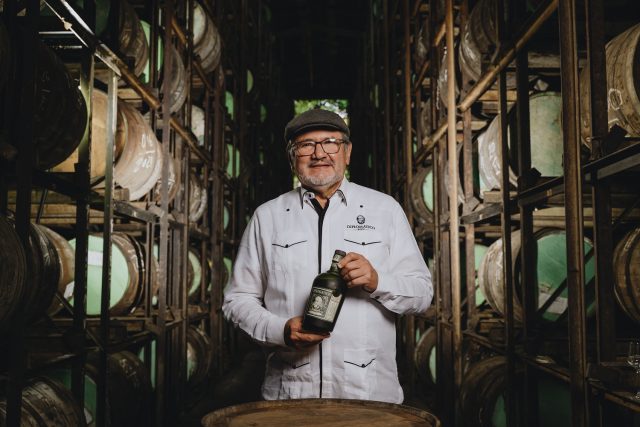
Another shift we’re seeing today—one that is also gaining ground in the rum world—is the move towards non-age-statement (NAS) bottlings. In a category with minimal production regulations, age statements often didn’t mean much; unlike in more strictly regulated spirits, the numbers on a rum label—six, eight, ten years—could indicate an average age rather than the youngest spirit in the bottle. However, as Nelson Hernandez confirmed, consumer perception has evolved. People are now prioritizing the overall sensory experience over simply judging a rum by its age.
“An age statement is not synonymous with quality. Older doesn’t necessarily mean better. It’s the complexity of the aromas, the flavors, and the harmony between them that ultimately define the quality of a spirit,” Nelson Hernandez emphasized.
Nelson Hernandez: from oil to rum
Life has a funny way of taking unexpected turns. Nelson Hernandez started his professional career as a mechanical engineer—his university degree—working for one of Venezuela’s leading oil companies (the country holds the world’s largest oil reserves). Three decades later, he’s talking about aromatic complexity as the head of production for one of the world’s most successful rum brands!
Reflecting on his early career in the oil industry, Hernandez shared that he inherited a strong work ethic—something he believes is lacking in many today. His philosophy, the guiding principle of his work, is to always strive for improvement and give 100% to whatever you do. Cliché? Maybe. But sometimes, even clichés can be the best source of inspiration, shaping the course of one’s professional journey.
Diplomatico as a brand, he told me when I asked, could be compared to a symphony orchestra—where many instruments give their best under the direction of the maestro (see what we did there?) to create a beautiful result for the audience, regardless of musical genre.
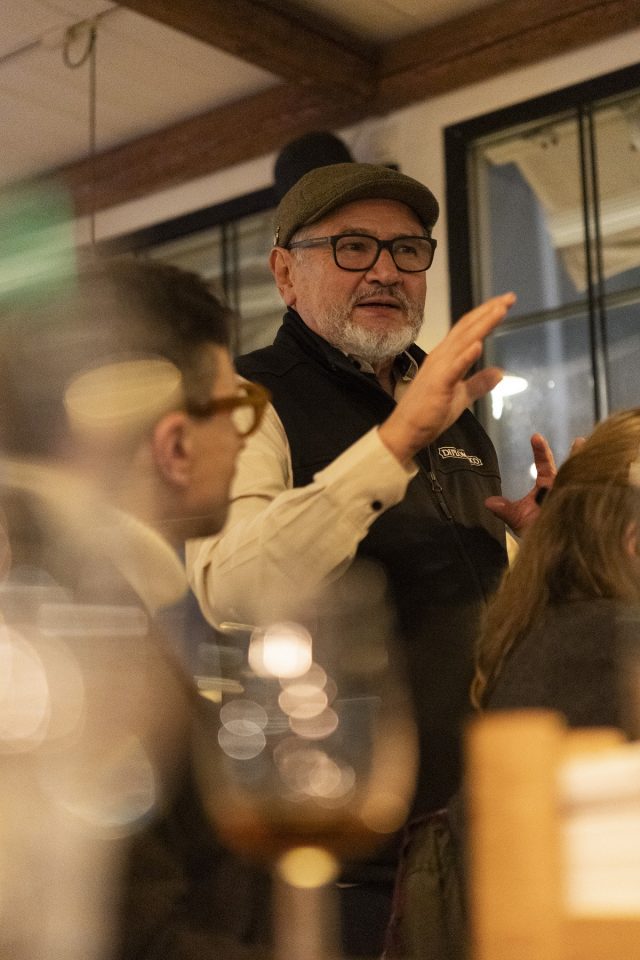
D.O.C. Ron de Venezuela
Inevitably, our conversation turned to rum as one of Venezuela’s key export products. Besides its vast oil reserves, the country boasts extensive sugarcane plantations, much of which is processed into molasses and then distilled into rum. Several brands represent what the world knows as D.O.C. Ron de Venezuela. According to the denomination of origin (D.O.C.) regulations, strict criteria govern every stage of production, the most significant being the mandatory two-year aging in oak barrels—regardless of the rum’s final color. Even white rums must be aged for two years to earn the D.O.C. seal.
Nelson Hernandez sees these regulations—particularly the aging requirement—as a major competitive advantage for Venezuelan rums. Thanks to the local climate, aging effects are intensified, leading to greater maturation within the barrel, enhanced complexity, and better balance in the final product.
At Diplomatico, aging is a meticulous process. They use a variety of barrel types, carefully blending different aged spirits to achieve the desired balance. Some of their rums also undergo additional finishing, primarily in sherry casks. The intricate art of blending is on full display in Diplomatico’s award-winning expressions.
Of course, before aging and blending, there’s distillation—a process for which Diplomatico uses three distinct distillation methods. In addition to traditional copper pot stills and continuous column stills, they employ a unique third method: the batch kettle still. This hybrid still, similar to those now found in several modern distilleries, was originally used in Canadian whisky production until the 1950s, when it was relocated from Seagram’s facilities in Canada to Venezuela. It operates in batches, making it a discontinuous process, but its large pot is connected to a fractional reflux column with multiple plates.
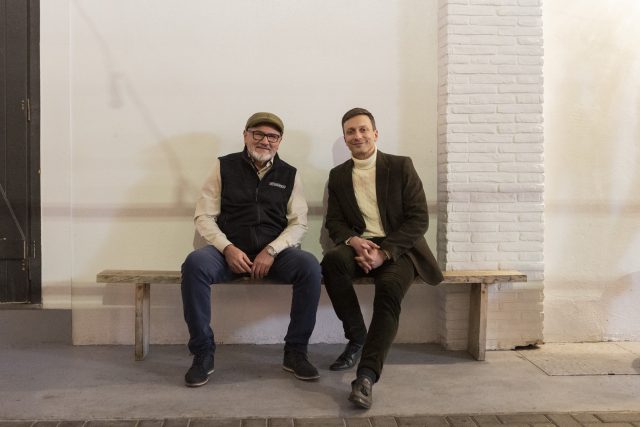
Back in our conversation, I asked Nelson Hernandez about the different expressions within the Diplomatico range.
“When we created the first Diplomatico Single Vintage 1997 for the Venezuelan market, both the result and the reception it received were a huge surprise to us. A moment of inspired experimentation that led to an iconic product. The same thing happened with our first Diplomatico Reserva Exclusiva, which remains the quintessential rum to discover the brand.”
Today’s spirits market is more competitive than ever, with new trends emerging rapidly—unique cask finishes, hybrid spirits, and even AI-crafted blends.
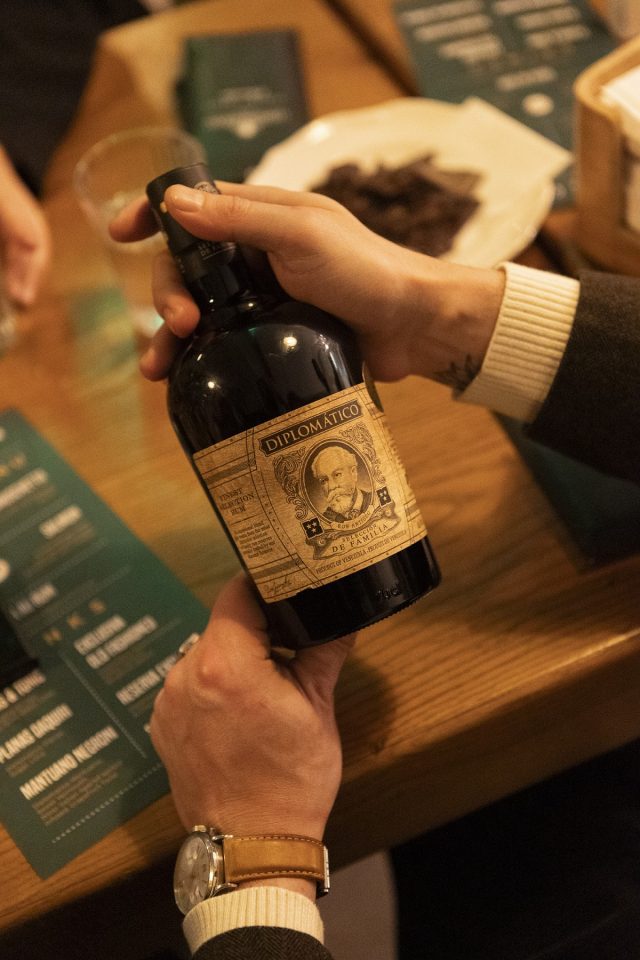
“All of these are simply part of the natural evolution of the industry, just as consumers refine their tastes over time. Our responsibility is to be ready to satisfy them—but using natural methods, not artificial ones. We must preserve the essence of the natural,” he noted.
I then asked if this philosophy extends to sustainable production, and whether adhering to sustainability protocols can maintain both quality and traditional rum-making techniques.
“Sustainable production is not a trend—it’s a necessity for environmental protection. It doesn’t compromise production in any way; it’s just an additional cost that brands must bear. Otherwise, they will inevitably disappear. Those who fail to adapt always vanish in the end.”
As our discussion came to a close, I asked Nelson Hernandez which three people—living or deceased—he would most like to share a bottle of Diplomatico with.
“José Luis Andrade, because through him, I discovered the rum-making process and fell in love with it. Humberto Arispe, because his discipline and high standards taught me everything about rum production. And José Rafael Ballesteros, because he gave me the opportunity to contribute to Diplomatico’s growth and share its story internationally.”
Now that would be one hell of a dinner party! But the one we had at Hams & Clams, where I met Nelson Hernandez, was just as remarkable. We had the chance to taste most of the Diplomatico expressions available in Greece, imported and distributed by Concepts, alongside an exceptional meal from the Piraeus-based restaurant.
Maestro Nelson Hernandez, thank you for the conversation!



